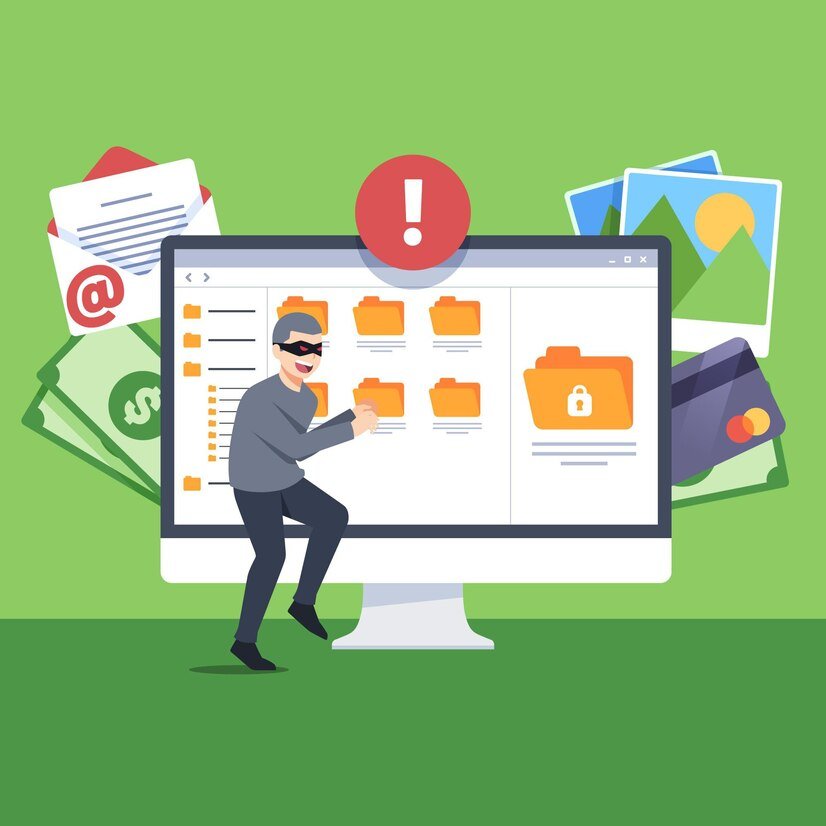Physical Address
304 North Cardinal St.
Dorchester Center, MA 02124
Physical Address
304 North Cardinal St.
Dorchester Center, MA 02124

The world of online trading has exploded in recent years, with forex and cryptocurrency markets drawing in traders from all walks of life. However, with this growth, there has been an alarming rise in scam brokers who prey on unsuspecting traders, promising quick profits but delivering nothing but loss. Knowing how to spot these fraudulent brokers can save you from devastating financial losses. In this guide, we’ll walk you through practical steps to help you avoid falling victim to fake brokers.
A legitimate broker should be registered with a recognized regulatory authority. Regulatory bodies, such as the Financial Conduct Authority (FCA) in the UK, Australian Securities and Investments Commission (ASIC) in Australia, or Cyprus Securities and Exchange Commission (CySEC) in Europe, ensure brokers follow strict rules to protect traders. Always check the broker’s regulatory status on the regulator’s website.
Before signing up, always check online reviews from trusted sources. Websites that specialize in broker reviews, like ScamBrokersReview.com, provide in-depth analysis and user feedback on brokers’ legitimacy. Keep an eye out for consistent complaints, such as issues with withdrawals or hidden fees.
If a broker promises guaranteed returns or exaggerated profits, proceed with caution. No legitimate broker can guarantee profit, as the financial markets are unpredictable by nature. Scam brokers lure traders with promises of quick wealth, only to disappear once funds are deposited.
A legitimate broker will have responsive customer support, willing to answer questions and address concerns. Contact the broker’s support team before signing up, and evaluate how they respond. Scam brokers often lack proper support or provide vague, unhelpful responses.
Fraudulent brokers often employ aggressive sales tactics, urging you to deposit large sums of money immediately. They may assign “account managers” who pressure you to trade frequently, make high deposits, or take risky positions without sufficient knowledge.
A major complaint against scam brokers is their refusal to allow withdrawals. Before depositing any money, test the broker’s withdrawal process with a small amount. Ensure their terms and conditions regarding withdrawals are clear and transparent.
Fraudulent brokers often use obscure or non-refundable payment methods. Legitimate brokers will offer secure, regulated payment options like bank transfers, credit cards, and trusted payment gateways like PayPal. If a broker only accepts payments through unconventional methods like cryptocurrencies or prepaid cards, consider it a red flag.
Scam brokers often hide essential details in their terms and conditions. Ensure you read through these documents carefully before depositing any money. Look for hidden fees, strange withdrawal conditions, or vague rules that may put your funds at risk.
Scammers frequently change tactics, so it’s important to stay informed. Join online forums, follow legitimate trading news websites, and subscribe to newsletters that focus on exposing scam brokers. Awareness is your best defense.
Lastly, trust your gut. If something feels off, whether it’s a too-good-to-be-true offer, unprofessional behavior from the broker, or lack of clear information, it’s better to walk away. It’s always safer to miss an opportunity than to lose your hard-earned money to a scam.
In the fast-paced world of forex and cryptocurrency trading, it’s crucial to stay vigilant and cautious. By doing thorough research, testing broker practices, and trusting your instincts, you can avoid falling victim to scam brokers. Always prioritize safety and take your time to ensure the broker you’re dealing with is legitimate. ScamBrokersReview.com is dedicated to helping traders stay informed and safe, so make sure to regularly check for updates and scam alerts. Stay safe, and happy trading!